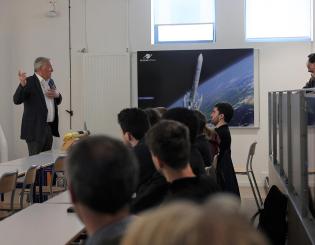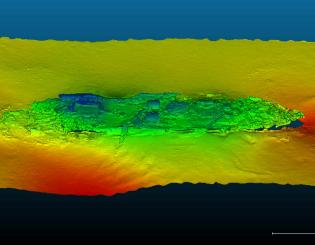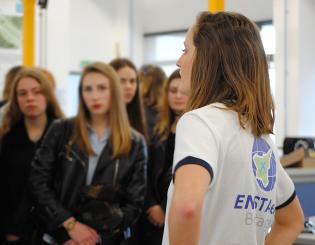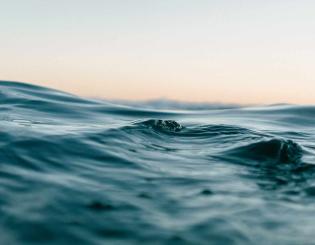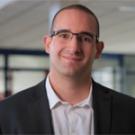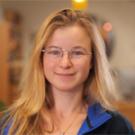
The interdisciplinary institute IngéBlue
The IngéBlue Institute includes 15 founding higher education and research institutions. It brings together research, innovation and training capabilities in naval engineering and promotes interregional synergies.
In supporting companies and government agencies on technological issues and ecological transition of the blue economy, this academic forum contributes to the performance of the French and European maritime industries.
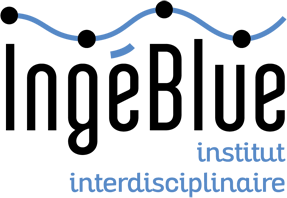
Purpose of the Ingéblue Institute
This group of higher education and research institutions supplements the French naval ecosystem by providing it with a single point of contact for innovation and naval engineering issues. The IngéBlue Institute aims to ensure greater interregional academic cooperation for the benefit of state agencies, companies and communities.
At the forefront of innovation and sustainable naval development and security issues, IngéBlue contributes to France and Europe's strategic independence in the naval field and to the development of their involvement in the global blue economy.
Ingéblue's ambitions
-
The IngéBlue Institute is open to all institutions involved in higher education and research in naval engineering.
-
IngéBlue aims to provide for close, agile and responsive coordination of all the French players involved in the issues of training and research in naval engineering (companies, public organizations, associations, etc.).
-
Their collective action in naval engineering will foster the emergence of larger national and international interdisciplinary programs.
-
IngéBlue responds to the need for new knowledge and new skills, and their rapid transfer to companies and public players.
-
The IngéBlue banner will make work more multidisciplinary, efficient and visible.
The development of the blue economy has flourished over the last few years.
It has been characterized by an increase in the use of all kinds of naval resources (food, energy, etc.), an increase in naval traffic and an ever-greater consideration for environmental and security issues by civil, military, public and private actors. This development is reflected in increased competition, including a global race for technological advances in naval engineering. It is a crucial sovereignty issue for France, which has the world's second largest naval area.
6 research projects are being conducted for the French Defense Innovation Agency (Agence de l’innovation de défense - AID) from the 2022/2023 call for projects :
- in mechanical engineering, on new methods of propellant design: SHIVA and RDPROP projects (ENSTA Bretagne, Ecole navale)
- in mechanical engineering, on the life cycle of composite materials: RECOVI project (ENSTA Bretagne, UBO)
- in mechanical engineering, SOMOS Project (IRDL/ENSTA Bretagne, LHEEA/ENSM)
- in information technology, on marine geo-positioning using AI: OAR project (ENSTA Bretagne, the Shom)
- in information technology, on new methods of processing acoustic data for sea floor observation: GPA2M project (ENSTA Bretagne, UBS)
- [in information technology] Object classification and detection between two bodies of water using heterogeneous sensors and a learning/IA approach: SafeBlue project (Lab-STICC Laboratory/ENSTA Bretagne and the University of Toulon)
Unidentified Floating Objects (UFOs) pose an increasing threat to civil navigation. An increase in the use of unmanned or remotely operated vessels is predicted for the near future (2025-2030) by many of those involved in the global economy. The use of surface and underwater drones is also expanding rapidly. To prevent collisions and ensure safe navigation, all these vessels will need to be equipped with a means of observing what's going on around them, in order to locate and avoid such obstacles. Of all the different types of unidentified floating objects that can be encountered, mines are probably the most dangerous.
SafeBlue seeks to detect unidentified floating objects (UFOs) using an innovative approach in which data is collected from a variety of heterogeneous sensors and processed by algorithms based on advanced signal processing techniques coupled with artificial intelligence techniques, in particular machine learning or deep learning. Unlike existing solutions, the project will also address the case of fully submerged objects and combine information from a larger number of sensors, both optoelectronic and acoustic. An innovative aspect of the project is the study of the interoperability of the different sensing and recording systems.
The Ingéblue Institute is supported by 14 member institutions from all over France:
- Engineering schools, universities and scientific institutions:
- ENSTA
- ENIB
- Centrale Méditerranée
- ENSM
- IMT Atlantique
- Ecole navale
- La Rochelle Université
- UBS
- UBO
- University of Toulon
- the Shom (French national hydrohraphic service).
- Centrale-Supélec
- ESTACA
- Cerema
The Institute aims to grow rapidly with the entry of other members from the academic world. Its supervision has been initiated by ENSTA.
Class sponsorship
- Class of 2026 : Anne Diaz de Tuesta, CEO of Eurosam
- Class of 2024 & 2025 : Emmanuel Levacher, CEO of ARQUUS
- Class of 2023 : Jacques Aschenbroich, Chairman of the Board of Directors of Valeo and Orange
- Class of 2022 : Guénaël Guillerme, CEO of ECA group and graduate of the school’s 1986 cohort
- Class of 2021 : Antoine Bouvier, Head of Strategy, Mergers & Acquisitions and Public Affairs at Airbus
- Class of 2020 : Pierre Éric Pommellet, Chief Operating Officer and Chief Performance Officer at Thales
- Class of 2019 : Hervé Guillou, Hervé Guillou, CEO of Naval Group
- Class of 2018 : Alain Charmeau, CEO of ArianeGroup
- Class of 2017 : Jean-Pierre Denis, Chairman of Crédit Mutuel Arkea group
- Class of 2016 : Yann Vincent, Industrial Director and Supply Chain of groupe PSA
- Class of 2015 : Ronan Stephan, Chief Innovations of groupe ALSTOM
- Class of 2014 : Jean Cahuzac, CEO of Subsea 7
- Class of 2013 : Jean-Georges Malcor, Managing director of CGG
- Class of 2012 : Jean-Paul Herteman, CEO of SAFRAN group.
- Class of 2011 : Hervé Guillou, Chairman and CEO of EADS Defence and Communications Systems
- Class of 2010 : Bernard Charlès, CEO of Dassault Systèmes
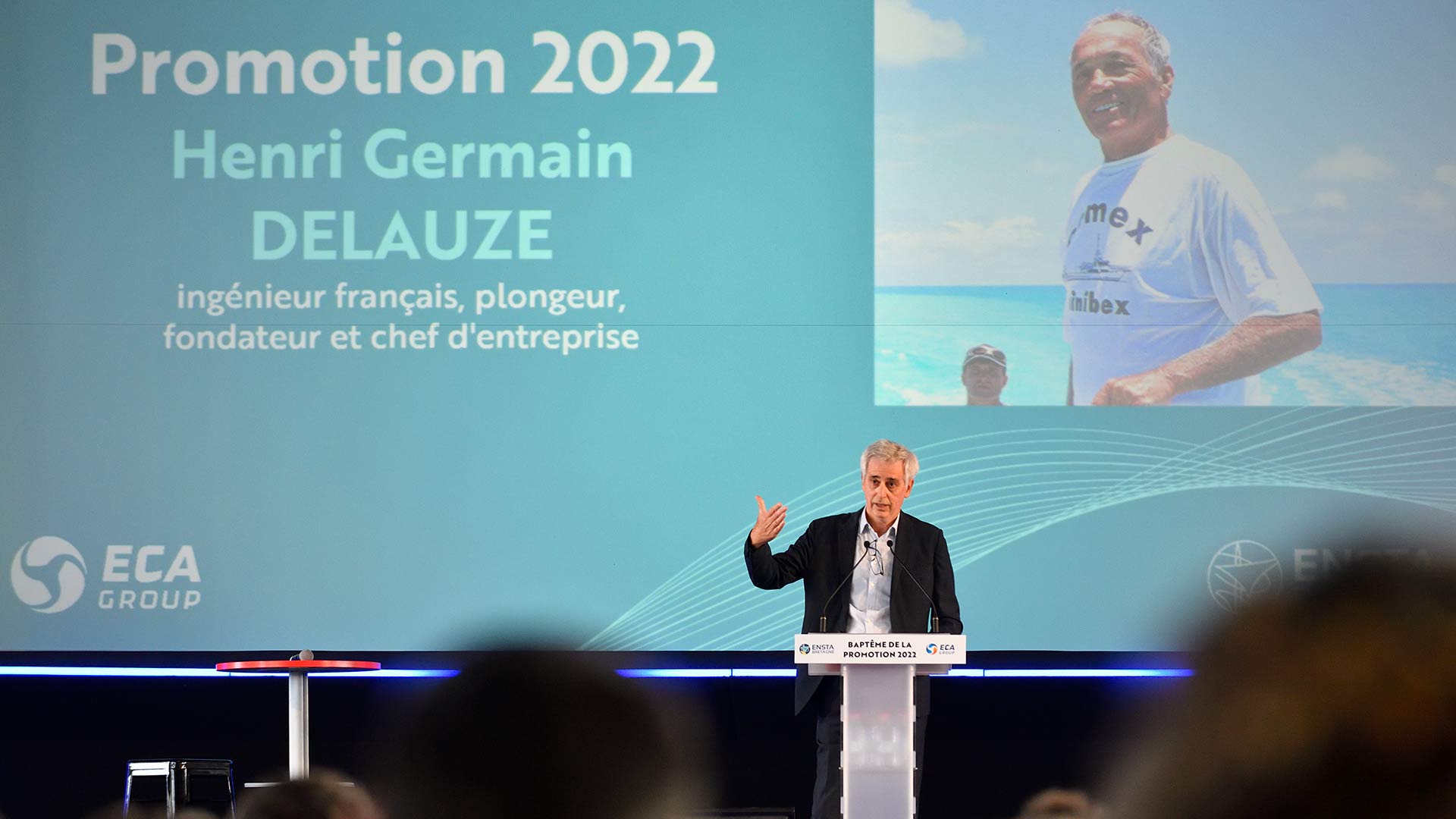
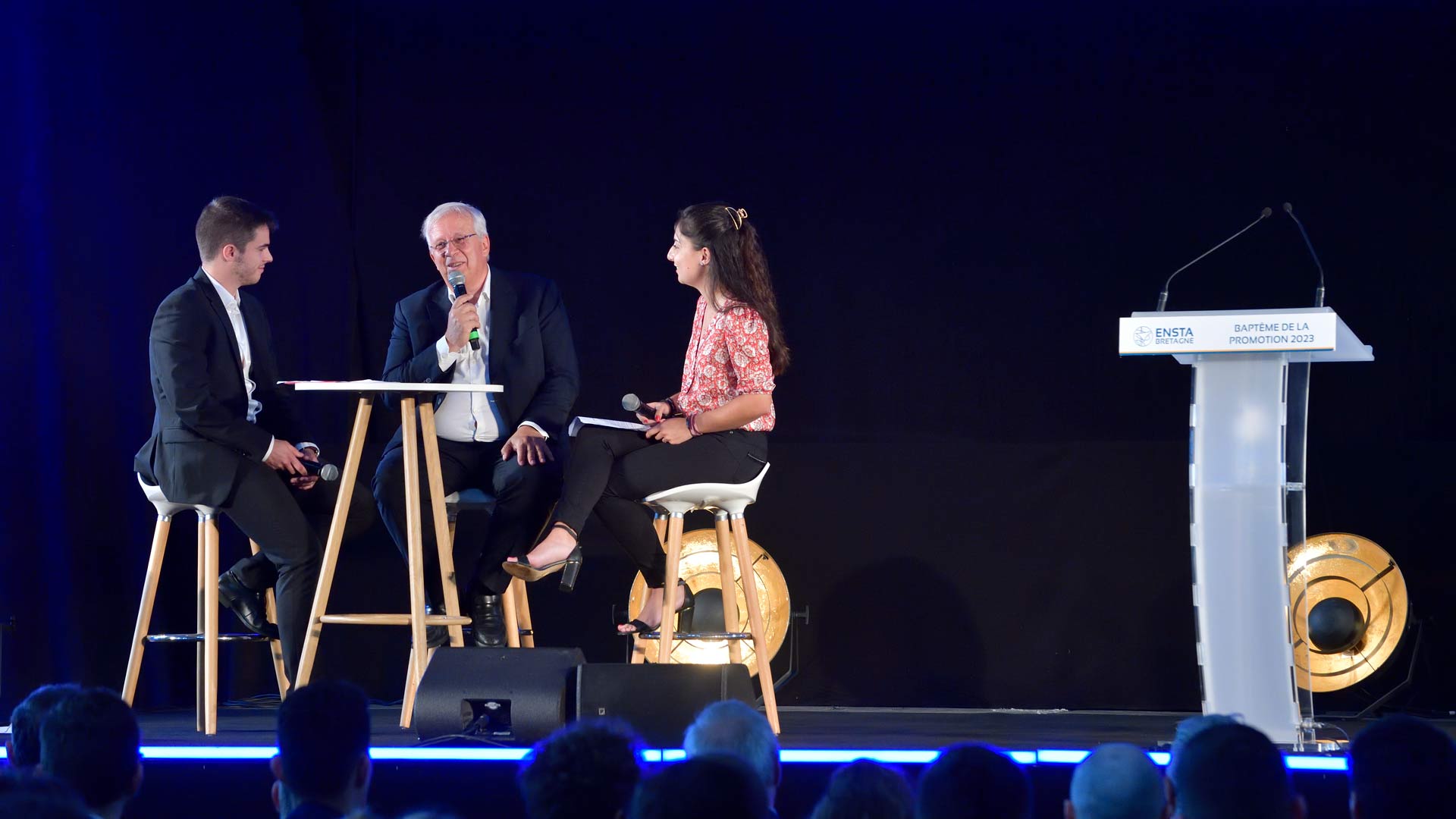
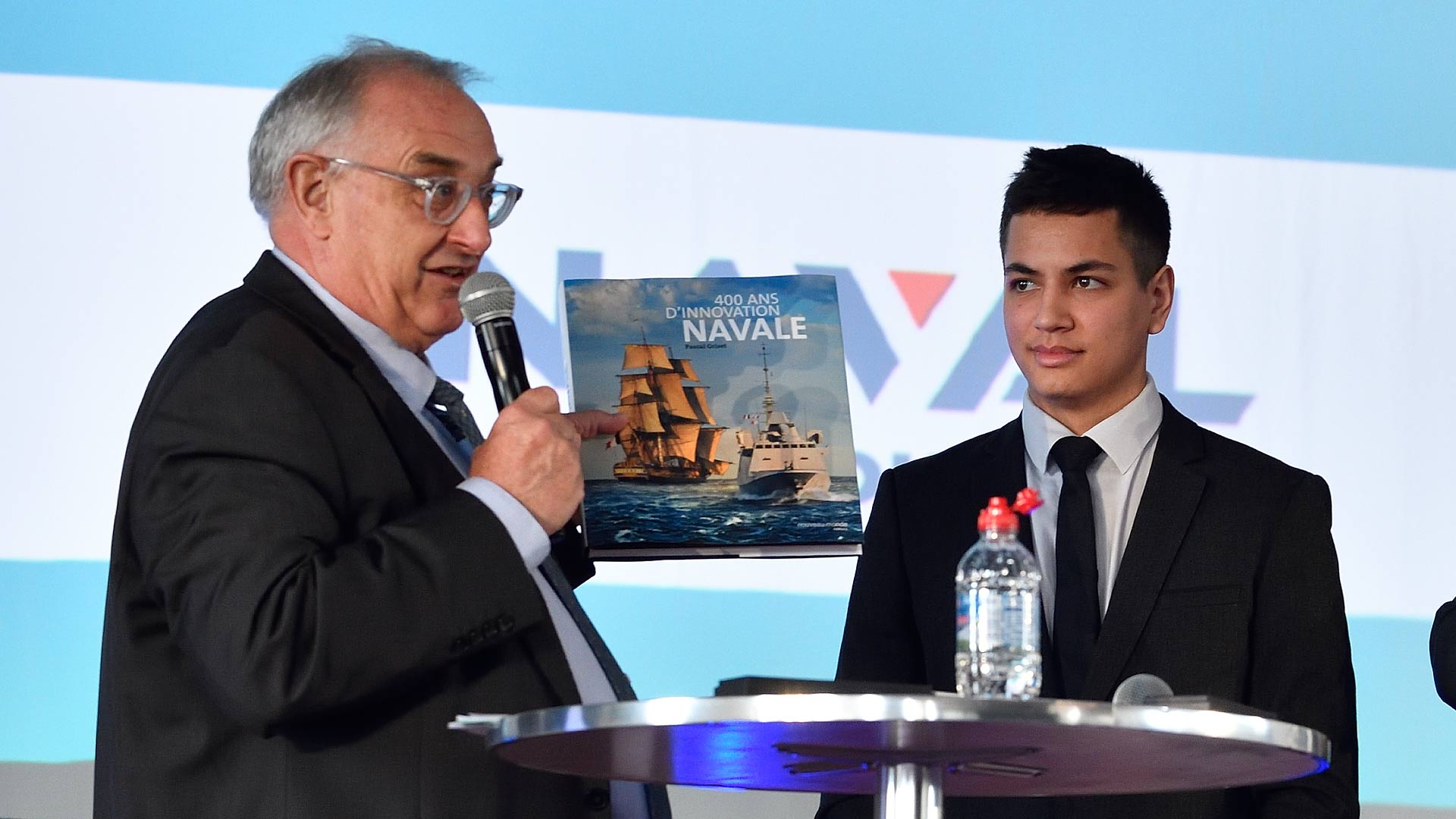
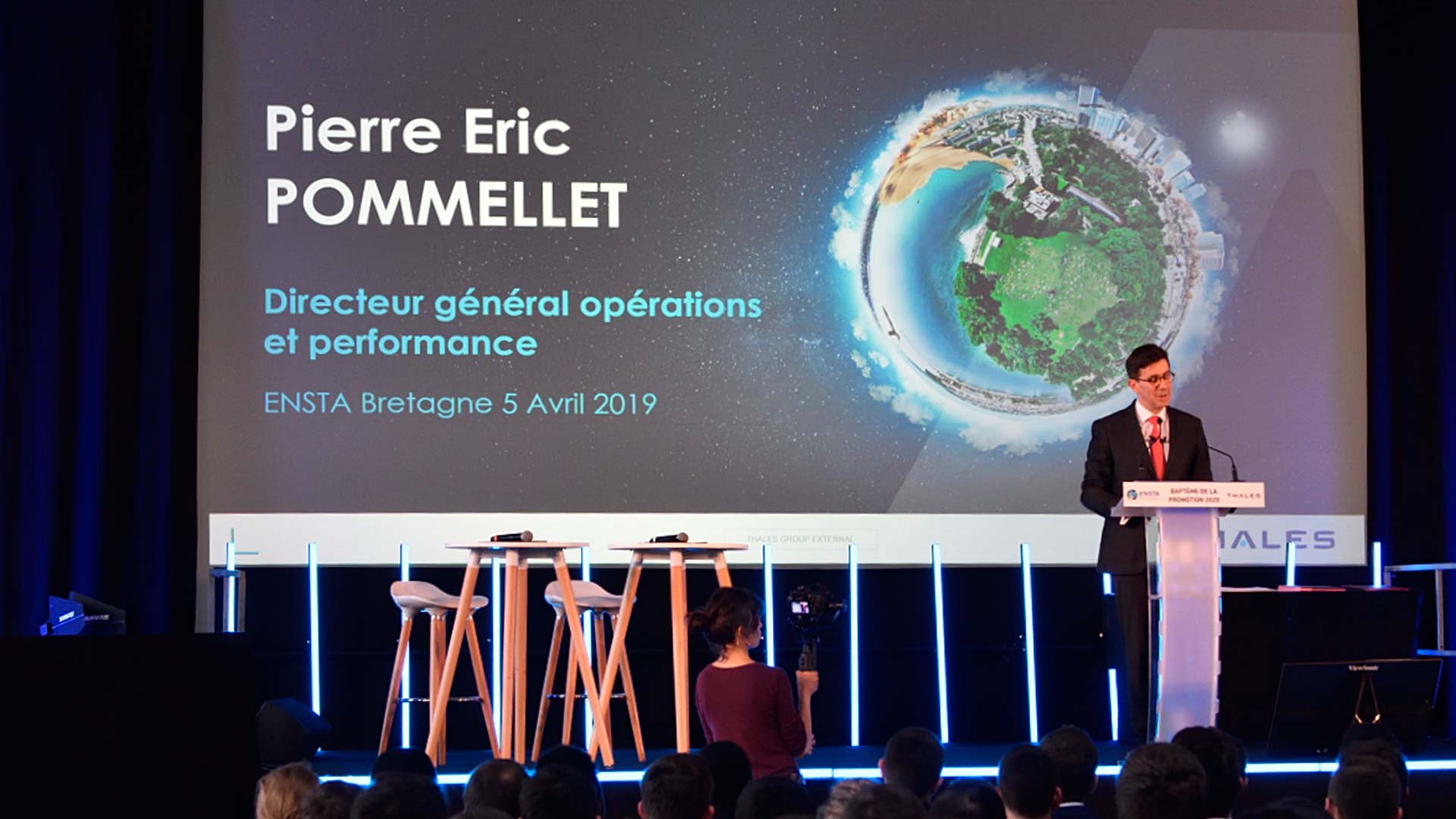
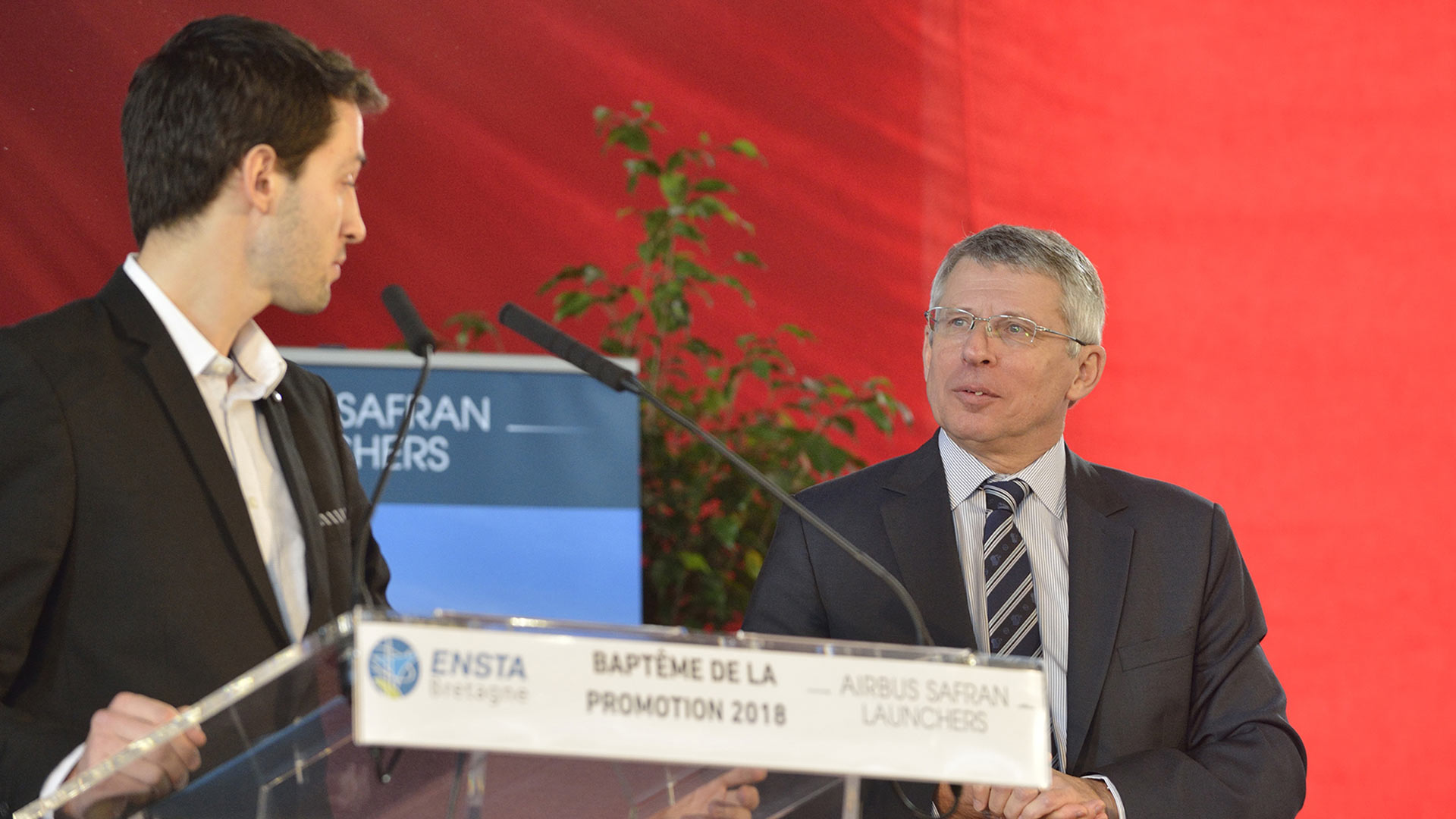
Cordées de la réussite (keys to success) program
The "Cordées de la Réussite" mentoring scheme helps build confidence in junior and high school students, providing them with guidance in terms of higher education subject choices and an opportunity to imagine their future career (I could be an engineer too!). One of the aims is also to demystify STEM subjects to increase diversity on science and technology courses.
For the 2023/2024 academic year:
- 12 mentorship projects, with 9 junior high schools and 3 senior high schools in Finistère partnering with ENSTA Bretagne
- Nearly 90 engineering students, both male and female, are involved in these science and technology support schemes, purely on a voluntary basis
The "Cordées de la Réussite" mentoring scheme helps build confidence in junior and high school students, providing them with guidance in terms of higher education subject choices and an opportunity to imagine their future career (I could be an engineer too!). One of the aims is also to demystify STEM subjects to increase diversity on science and technology courses.
For the 2023/2024 academic year:
- 12 mentorship projects, with 9 junior high schools and 3 senior high schools in Finistère partnering with ENSTA Bretagne
- Nearly 90 engineering students, both male and female, are involved in these science and technology support schemes, purely on a voluntary basis
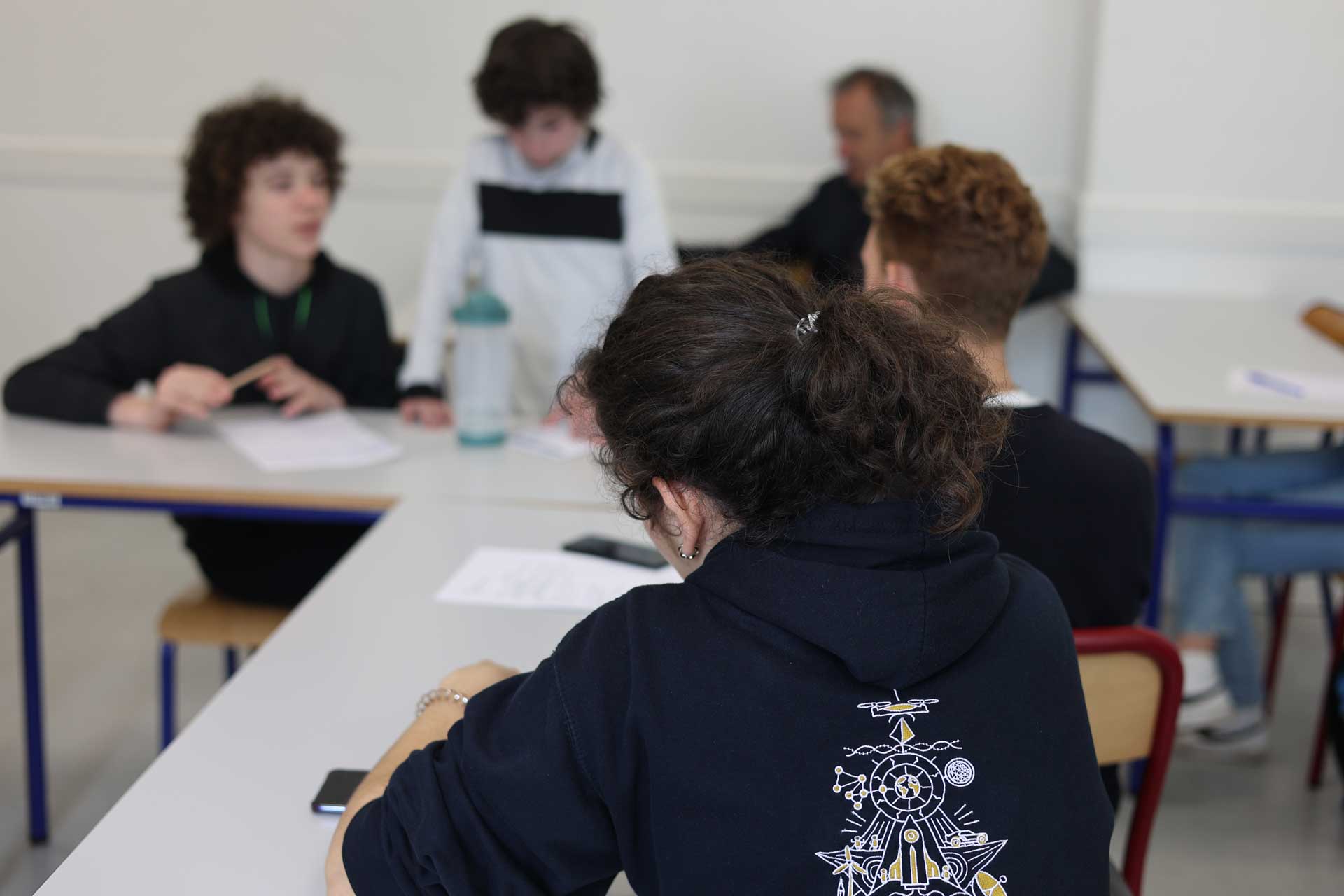
For the 2022/2023 school year:
- 11 cordées (mentors) with 8 middle schools and 4 high schools in Finistère are partners of ENSTA Bretagne
- 50 female and male engineering students are involved in this scientific and technical support program.
The Cordées de la réussite (keys to success) program helps develop the self-confidence of secondary school students, provides information to help them choose an academic path and allows young people to imagine their situations in the future (engineer, why not me?). Another of the aims is to demystify these disciplines in order to provide for more gender diversity in scientific and technical careers
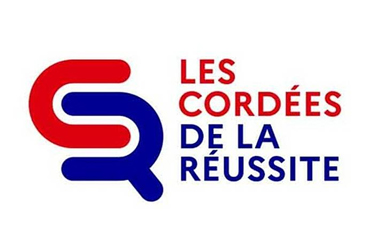
- In middle schools, the emphasis is on digital technology and initiation to computer science and coding, one of the keys to increasing gender diversity ("L Codent L Créent" scheme)
- In high schools, theoretical and practical exercises will be designed and offered to pupils by the engineering students.
Such mentoring takes place during school time and runs from February/March to approximately May/June.






